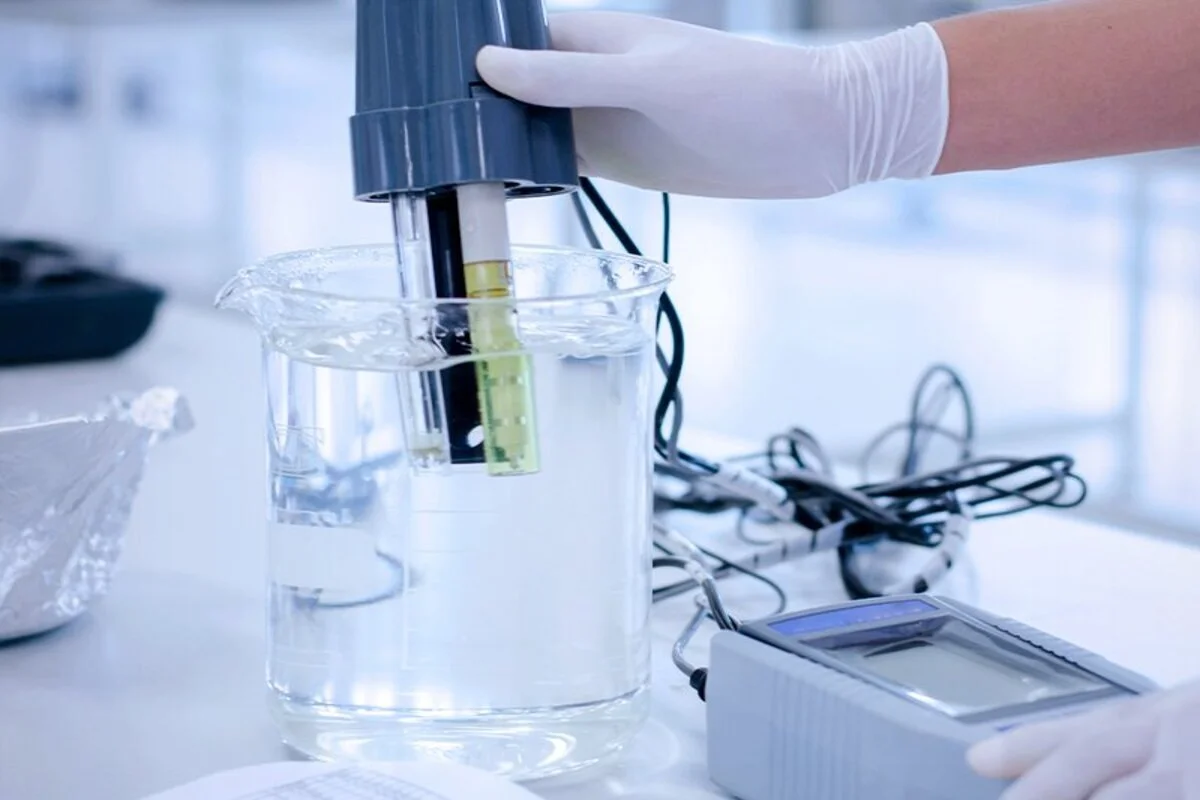As you know, many inventions have been made in this universe over time. As the world moves ahead, pollution in the environment is increasing. Many industries are installed to meet consumption. Increasing the number of industries produces a lot of waste particles that negatively affect the environment. The chemical waste of the industries goes to the ground and damages the water quality that we use for drinking, bathing, and cooking.
That’s indeed worrisome. And this is exactly why each one of us should get the water quality testing done. After all, we need to know about the quality of water we’re using for cooking, drinking, and other daily activities.
In this blog, we will discuss the importance of testing water quality and how it has a long-lasting effect on your health. Further, we will discuss how clean and healthy water prevents you from facing major health issues.
So, without further ado, let’s start…
What Is Water Quality Testing?
Water testing quality is a process in which the inspector performs various tests to highlight whether the water is contaminated or not. Most of the time, industrial waste affects drinking water, which leads to different issues. This is one of the reasons why you must get a regular water inspection. If the water quality is somehow compromised, you can work on different preventative measures to get the situation under control.
Why is it Important to Test Water Quality?
Water may be polluted for various reasons, such as the increasing number of industries and domestic wastage. These are among the top sources that effectively impact water quality. In fact, in some places, the water is so contaminated that it is not even suitable to drink. This is why it is very important to regularly test the water quality to ensure you and your family are protected from the health issues that result from the contaminated water.
What Are the Water Quality Testing Parameters?
During water quality testing, inspectors test the different factors to ensure water is clean and healthy. According to the EPA, the following are the parameters that the inspectors check during the tests:
- Temperature
- Dissolved oxygen
- pH
- Turbidity
- E. coli
- Nutrients
- Metals
These checks identify the water condition and ensure you have the best water for drinking.
Let’s discuss each parameter in detail to know how they impact the water quality in providing healthy and clean water to your house.
Temperature
Temperature plays a crucial role in water quality as it affects the chemical, biological, and physical properties of water. In homes, testing water temperature is important because it influences the solubility of gases like oxygen and the effectiveness of disinfection processes. Excessive heating can promote bacterial growth, while cooler water may dissolve more minerals, potentially causing issues like hard water. By monitoring temperature, you can ensure your water is safe for use and optimal for household systems.
Dissolved Oxygen
The oxygen level in water plays an efficient role in maintaining a healthy life. The dissolved oxygen level in drinking water is around 6.5 – 8 mg/L, between 80% and 120%. Water quality checkers use a calibrated dissolved oxygen sensor to measure the percentage of dissolved oxygen.
pH level of water
pH is another important parameter for checking the water quality. It plays an effective role in the well-being of life. The normal range of the pH scale is 0 to 14. The inspector pays close attention to checking the pH level of the water. If your water is healthy, then its pH level must be 7. If the water is below this level, it will be acidic, and it will create a lot of health issues like stomach problems. Further, if your water has a high pH level, it will be alkaline, which can irritate your eyes and cause some skin allergies.
Turbidity
Turbidity is a process to check the sediments or organic products in the water body. In this assessment, the inspector takes a water sample and analyses how much clearance there is. If the water is dirty, it will have a high turbidity.
E-coli in the Water
The inspector checks the E. coli impurities in the water. Drinking contaminated water can cause different health issues, such as gastrointestinal illness. In the water quality assessment, the inspectors check the dissolved bacteria that affect your health.
Nutrient Level in the Water
Nutrients cannot be skipped when we are discussing water quality parameters. A TDS meter can help you check the dissolved particles in the water. In this assessment, the inspector performs various tests in nutrient analyses, such as ion chromatography, segmented flow, and automated distillation.
Why Do You Need to Check Water Quality for Drinking Water?
There are various reasons to check the water quality for drinking or cooking purposes. During this assessment, the inspector performs various tests to determine the water’s technical data. This technical report helps you understand whether the water you use for drinking is safe.
Benefits of Checking the Water Quality
There are various benefits of checking the water quality parameters.
Contaminant Detection
Regular inspection will inform you about water contamination and help you adopt useful methods for fixing the highlighted issues ASAP. The water you use comes from different sources, such as melting snow and underground and private sources. The water that melts the snow contains different minerals and contaminants.
When the inspector highlights the contaminants in your drinking water, you can choose a reliable method for fixing these issues.
Chemical Presence
Different chemicals are used to clean water, so it is necessary to check the chemical level in the water. Normally, chlorine is used to clean the water. The inspector ensures that the chlorine in the water is normal and won’t affect your and your family’s health in any way.
Conclusion
Water quality testing is not just a precautionary measure; it is a necessity for safeguarding your health and well-being. Contaminated water can lead to a range of serious health issues, from gastrointestinal illnesses to long-term exposure risks caused by harmful chemicals or pathogens.
By regularly testing water quality and understanding its parameters, you can ensure that the water you use for drinking, cooking, and other daily activities is safe, clean, and healthy. Investing in water quality assessments allows you to take proactive steps in addressing contaminants, maintaining your plumbing systems, and ultimately protecting your family’s health.
Remember, clean water is essential for a healthy life, and ensuring its quality starts with regular inspections.
Don’t compromise on your family’s health—schedule a professional water quality inspection today. Our experts thoroughly assess your water to detect contaminants and ensure it meets the highest safety standards. Clean, safe water is just a call away!
Contact Orange and South Coast Property Services now to book your water quality testing!

